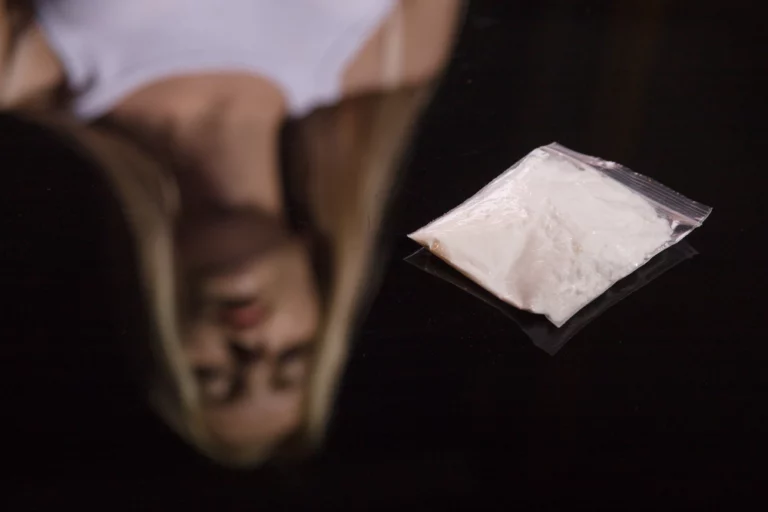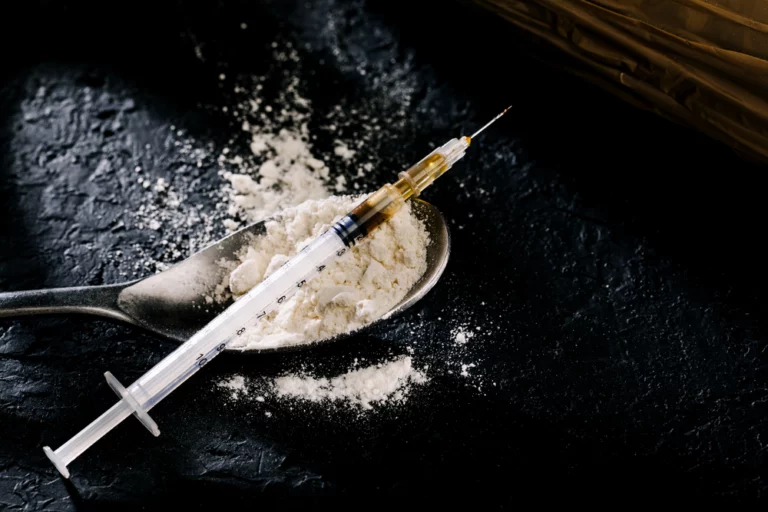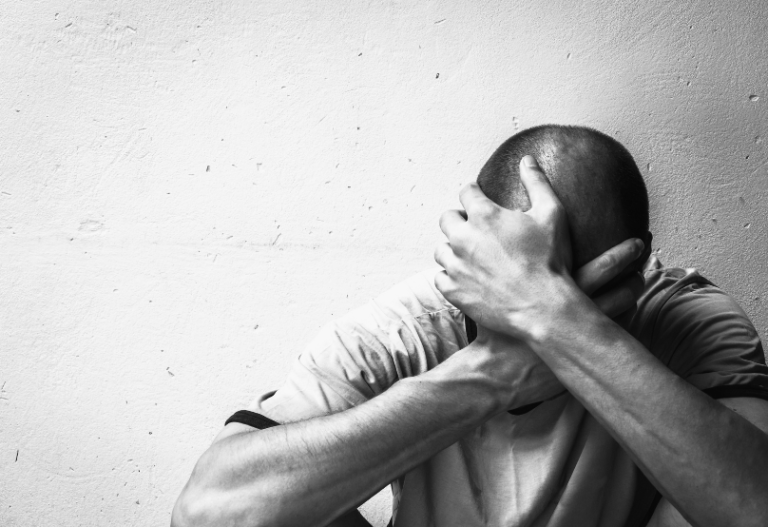Loving an addict is one of the most difficult things anyone can go through, whether you’re in a romantic relationship with the person, a family member, or a close friend. It might be particularly difficult for you for lots of reasons. You might make the best efforts to care for this individual and be there for them, but where do you stop? Even if loving an addict is difficult, leaving one might be even more so. In this article, we will analyze why addicts hurt the ones they love, and what you can do (and shouldn’t do) to help them.
Why Do Addicts Hurt Their Loved Ones?
An addiction clouds an addict’s vision, making them oblivious to the harm they cause to their loved ones. Despite the fact that there are many different aspects to drug and alcohol addiction psychology, the simple, straightforward reality is that drugs consume everything else. Even those who start out as high-functioning drug users become controlled by drugs, which overpower everything else.
When someone is struggling with a substance use disorder, they may lie, steal, manipulate, blame, and abuse their closest friends and family members in an attempt to get more drugs and continue their behavior. Many drug addicts seek addiction treatment before they reach this point, but others lose their relationships because of their addictions.
It’s unfortunate that loving an addict also involves a lot of self-blame. As a parent, you might think, “If I had taught him… when he was younger, he wouldn’t be using drugs now.” As a spouse, you might think, “If I had been more supportive, she might not need to drink.”
Remember that addiction is a multidimensional disease caused by a variety of factors, not just the lack of support from family and friends. Despite the fact that you may be particularly supportive with a spouse or child, they may still develop an addiction for a variety of reasons. You are not to blame.

8 Things to Understand About The Addiction Mindset
It’s tough to comprehend addiction if you’ve never experienced it. Everyone’s experience with addiction is unique. The following eight concepts are intended to help you better understand individuals with addiction, not to stereotype or marginalize anyone.
Drugs and Alcohol Alter the Way Addicts Think
Using drugs can cause serious consequences, but when you’re addicted to them, you cannot resist using them, no matter the damage they cause. Addiction affects both your brain function and your behavior. Drugs alter the manner in which your brain operates over time. These alterations can last for a long time and cause you to lose control and behave dangerously.
Addiction is a Mental Illness
Addiction, as stated by the National Institute on Drug Abuse (NIDA), is a chronic and relapsing brain disease in which substance use persists despite adverse consequences. The American Psychological Association (APA) likewise defines addiction as chronic and recurring, citing repeated exposure as a cause of brain changes.
Addiction Creates Desperation
Addicts often behave in odd ways both while they’re using and while they’re not using because of their drug use. There are various reasons why addicts frequently act differently when they are not using. When addicts can’t access their drug of choice, they will often lie, cheat, or steal in order to get more of it. Desperation is one of the biggest reasons why addicts hurt the people they love.
Addiction Breeds Hopelessness
Non-addicts maintain a sense of hope for the future by anticipating future events in their lives. However, addicts who rely on drugs every day often lose hope for the future. Non-addicts maintain a sense of hope for the future by anticipating future events in their lives, such as having the weekend off from work or a big vacation in a few months’ time.
Every day for an addict is exactly the same as the last, and there are rarely any big life events coming up that would excite them. When a person has no hope for their future, they have no motivation to better themselves or maintain a high quality of life. When you have no future to look forward to, it can be difficult to motivate yourself to improve yourself and your surroundings.
Addicts Are Surrounded by Bad Influences
It’s true that peer pressure can have a negative impact on children, but adults are also vulnerable to negative influences. People who are addicted to drugs, for example, are frequently surrounded by unsavory characters such as drug dealers. We tend to mimick the actions of those around us, and this can encourage otherwise decent individuals to act in an unsavory and unforgivable manner.
Addiction Can Cause Jealousy
Addicts and alcoholics often have difficulty processing situations objectively, which may cause them to lose whatever or whoever we are trying to safeguard. Jealousy may have a serious impact on their lives, even if they believe jealousy is warranted. Their lack of inhibition in dealing with it might make the person we care about the most think that we do not care about them enough to let them live their lives.

Addicts Experience Guilt
When you’re addicted to a substance, you’ll do anything to survive the day besides being sober, no matter how outrageous it seems. You might find yourself in a situation in which you’re dependent on a substance, and you’re not concerned about the lengths you went to in order to satisfy your addiction. In moments of lucidity, addicts feel overwhelmed by the guilt they feel for committing such acts.
Addicts Need a Companion
Having a sober companion accompany you can help diminish some of the anxiety of adjusting to a sober life. A sober companion may also accompany a recovering addict throughout rehab. This is anopportunity to establish a trusting relationship between both parties. The recovering person must feel that he can rely and trust his sober companion. Companions occasionally function as sober escorts, in addition to their regular companion services.
It’s Hard to Love Someone Struggling with Addiction
The fallout from an addiction, for addicts and the people who adore them, is catastrophic – guilt, broken relationships, and people are broken in the wake of addiction. Addicts are immediately fuelled when they know they are loved by people who care about them. Your love and insistence on taking them through their addiction may make you offer them money you don’t have, agree to whatever you don’t want to agree to, lie to shield them, and feel cold in fear of the midnight phone call. You desire to see them but dread seeing them. You might stop liking them but won’t stop loving them.
The addict will not stop making excuses, lying, or manipulating. You feel constantly guilty if you refuse their manipulations in their addicted state. If you cannot refuse the manipulations of their addiction, they will not be able to stop on their end. It’s not because they won’t, it’s because they can’t.
Addiction can take a significant toll on your emotional well-being if you are in a relationship with someone who has an addiction and you find yourself making excuses for them, covering for them, and trying to control their substance use. While codependency is motivated by compassion and a desire to care for, protect, and aid your loved ones, you must realize that you are not really helping them when you cover for them and assist them in avoiding substance use’s negative consequences. The only way you can truly help them is to try and convince them to seek treatment.
How to Help Your Loved One Struggling with Addiction
There’s no doubt that supporting a loved one who has an addiction can be challenging. It’s not always straightforward to determine whether to assist someone with substance abuse or some other type of addiction. Having said that, your loved one will often have a better chance of overcoming their issues with your help. The following are effective treatment options:
- Medication-Assisted Treatment – Naltrexone, acamprosate, and suboxone are three drugs that have been approved by the Food and Drug Administration (FDA) to manage alcohol dependence and other substance abuse disorders.
- Cognitive-Behavioral Therapy – CBT is an approach to addiction treatment that teaches people how their thoughts and feelings influence their actions. It helps people to alter the thought and behavior patterns that contribute to substance use.

- Inpatient Rehab – Long-term inpatient care may provide the most effective results, particularly if substance use is severe or when there are co-existing conditions. Rehab programs typically last 30, 60, or 90 days, according to the National Institute on Drug Abuse (NIDA). NIDA advises that people receive at least 90 days of treatment.
- 12-Step Support Groups – Sobriety-promoting twelve-step and peer support groups can be beneficial during the recovery process. These groups take a variety of approaches to achieve sobriety. Some favor complete abstinence, whereas others emphasize moderation. Many of these offer in-person gatherings, but online support groups are also available.
Family involvement and other social supports can also play a significant role in a person’s recovery. Family therapy is an integral part of a successful addiction rehabilitation program.
Asheville Detox is Here for You
It’s hard to have a friend or family member who’s addicted, but there are ways to support them while taking care of yourself. Despite your best efforts, you cannot force your loved one to change. You can, however, encourage them to seek treatment and offer support during the process.
Asheville Detox Center can help you or your loved one start on the road to recovery. We offer medically-assisted detox and post-detox treatment referrals so that every client has access to comprehensive, quality care.
To learn more about our treatments and services you can Call us or contact a specialist at Asheville Detox today. You are not in this alone.







